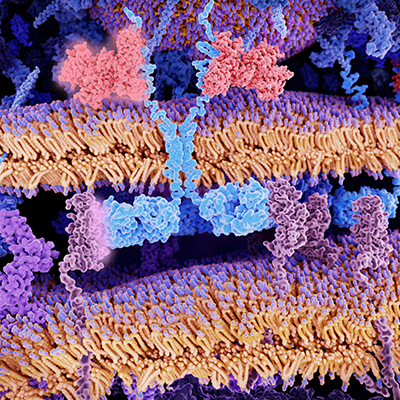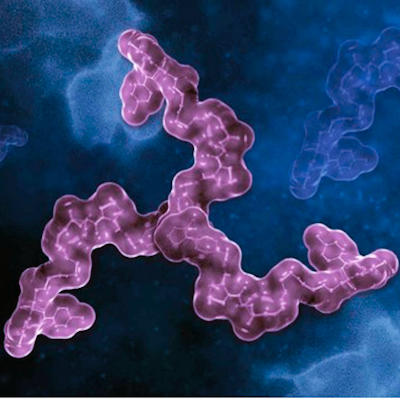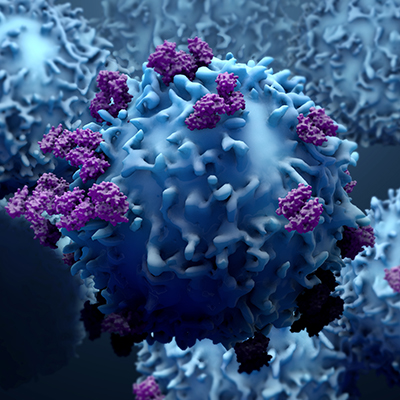August 23, 2022 -- Scientists at the University of North Carolina (UNC) School of Medicine have discovered that a molecule called EdU (5-ethynyl-2'-deoxyuridine), a common molecular tool for DNA labeling, has surprising anticancer properties that warrant further investigation.
Their findings, published on August 22 in the Proceedings of the National Academy of Sciences, suggest the possibility of using EdU as the basis for a cancer treatment, given its toxicity and its selectivity for cells that divide fast.
Specifically, researchers surmise that EdU's properties might serve as an effective brain cancer drug given that it is incorporated into DNA only in cells that are actively dividing, whereas in the brain, most healthy cells are nondividing. In principle, EdU could kill fast-dividing cancerous brain cells while sparing nondividing, healthy brain cells, the authors argue.
"The unexpected properties of EdU suggest it would be worthwhile to conduct further studies of its potential, particularly against brain cancers," senior author Dr. Aziz Sancar, PhD, the Sarah Graham Kenan Professor of Biochemistry and Biophysics at the UNC School of Medicine, said in a statement. "We want to stress that this is a basic but important scientific discovery. The scientific community has much work ahead to figure out if EdU could actually become a weapon against cancer."
Sancar and his team discovered that EdU -- for reasons that are still unclear -- alters DNA in a way that provokes a repair response called nucleotide excision repair, which involves the removal of a short stretch of damaged DNA and resynthesis of a replacement strand.
"As we speak, hundreds and maybe thousands of researchers use EdU to study DNA replication and cell proliferation in lab experiments without knowing that human cells detect it as DNA damage," added Sancar, who won the 2015 Nobel Prize for Chemistry for his seminal work on DNA repair. "Prior studies have already found evidence that EdU kills cancer cells, including brain cancer cells, but strangely, no one has ever followed up on those results."
Copyright © 2022 scienceboard.net









